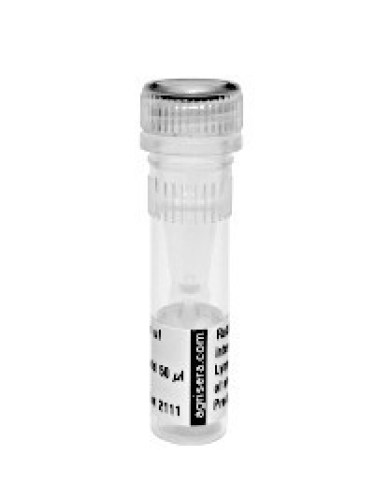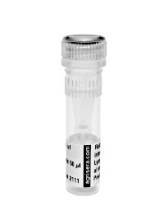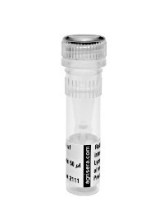
Anti-NDPK | Nucleaoside diphosphate kinase
(Cat#: AS08 302)


Description
- Immunogen: KLH-conjugated synthetic peptide derived from Pisum sativum NDPK, UniProt: Q9SP13. Peptide is conserved in Arabidopsis thaliana NDPKIII, UniProt:O49203 and NDPK IV, UniProt: Q8LAH8, but is not conserved in NDPK1.
- Host: Rabbit
- Clonality: Polyclonal
- Purity: Serum
- Format: Lyophilized
- Quantity: 50 µl
- Reconstitution: For reconstitution add 50 µl of sterile water
- Storage: Store lyophilized/reconstituted at -20°C; once reconstituted make aliquots to avoid repeated freeze-thaw cycles. Please remember to spin the tubes briefly prior to opening them to avoid any losses that might occur from material adhering to the cap or sides of the tube.
- Tested applications: Western blot (WB)
- Recommended dilutions: 1 : 5000 (WB)
- Expected | apparent MW: 25 kDa
- Confirmed reactivity: Arabidopsis thaliana, Pisum sativum
- Not reactive in: No confirmed exceptions from predicted reactivity are currently known
- Nucleoside diphosphate kinase protein (EC=2.7.4.6) is catalysing the transfer of a g-phosphate group from adenosine triphosphate (ATP) to a cognate nucleoside diphosphate. This contributes to balancing of the nucleoside pool. NDPK enzymes are present in most subcellular compartments of the eukaryotic cell.
- Hammargren et al. (2007). On the phylogeny, expression and targeting of plant nucleoside diphosphate kinases. Physiol Plant. 129: 79–89.
- 1: 5000 dilution in a western blot was used for 15 µg of protein per lane
Boca Scientific is your premiere source for high-quality, innovative solutions for Cell Biology, Molecular Biology, Immunology, genetics and other lab products and reagents. We bring leading-edge products from our own-line and around the world to laboratories in the US and Canada. Our goal is to offer excellent solutions to drive research and discoveries backed by superior customer support.
